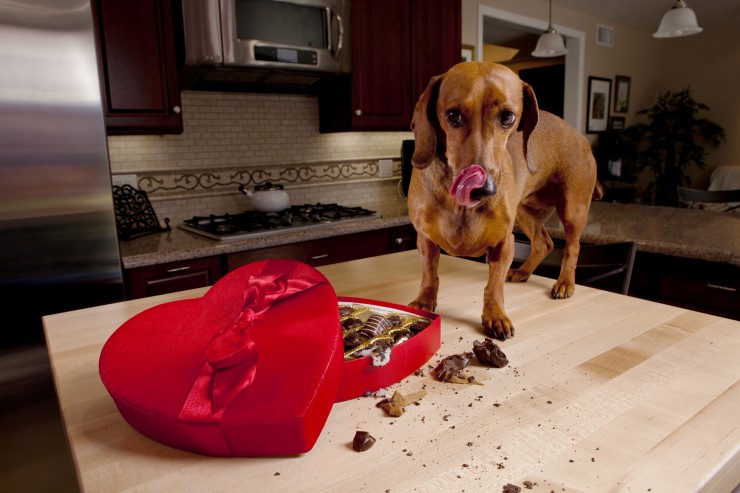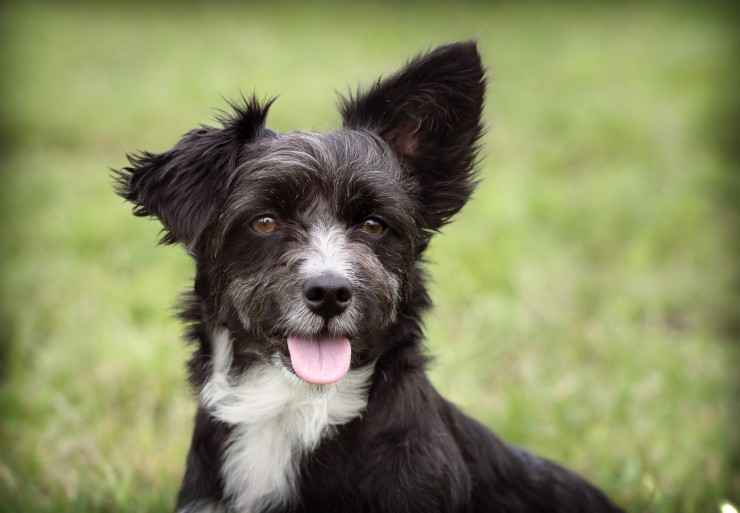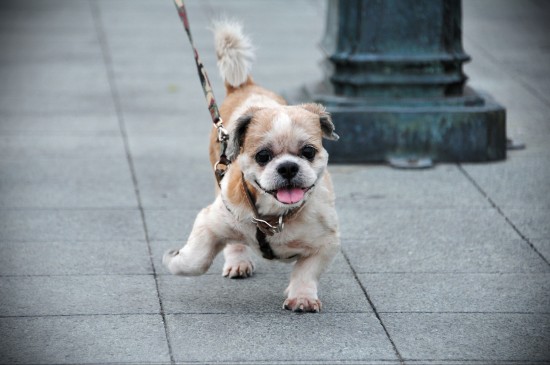
Surgery is always a difficult time in anybody抯 life, but especially so for our canine friends. We can抰 exactly explain to them what is going on or what we抮e doing or about to do, making the recovery process difficult for dog and dog owner alike.
After specific surgeries that target the hip and knee area, there are some important facts to consider when taking care of your recovering dog. It may take several weeks of rehabilitation time during which your dog抯 ability to move around will be very limited. It is therefore up to you as your dog抯 loving protector to ensure their safety and encourage a rapid recovery.
Making them comfortable
The most important thing to do is make your dog comfortable after a surgical experience. Smooth bedding that is fresh and clean is a good place to start. But what about eating and drinking? Knee and hip surgery can quickly eliminate the ability to freely move around, which tends to hinder a dog抯 ability to go about their daily habits and schedule.
This can even frustrate a dog psychologically, which isn抰 commonly considered. Dogs are habitual creatures and though you may not notice it because their movement is limited, that may not stop them from wanting to move around or worry about you finding that treat they抳e hidden under the bed. Discuss anti-anxiety methods with your veterinarian to help keep them calm during their recovery process.
This also brings up the concern of having multiple pets within the house. Dogs love to interact, especially if their toys or treats may be in the paws of another family member. Throughout the recovery process, it is a good idea to keep them confined to their own space where they will feel safe and secure- along with their toys and treats. If they have a favorite ball, keep it with them and don抰 let other pets play with it (including those of the feline persuasion).
Rebuilding their strength
Dogs love to be active, but be careful that they don抰 overexert themselves. But, part of the recovery process will include some forms of physical therapy. In this case, it is important to listen to your vet and stick to a guided timeline for increasing your dog抯 activity throughout the recovery process. As their body heals, they will be ready for more activity, but keep in mind that they will want to do more than the body allows, so keep things at a safe pace in a controlled area.
What the doctor ordered
A dog recovering from any type of surgery will often require a range of medications, such as pain relievers and anti-inflammatory medications to help your dog cope. Some prescriptions may even include antibiotics to prevent infection.
In addition to medications, a healthy diet is incredibly important to their recovery. What they eat and the nutrients their body receives will make a large difference in their body抯 ability to ward off infection, regenerate tissues such as the bonding of ligaments and muscle to the bone and cartilage.
Keep in mind that if your dog is taking antibiotics, it is commonly a good idea to provide probiotics in their regular diet to ensure proper digestion and health. Take the time to discuss probiotic choices with your vet to ensure they won抰 interfere with any of your dog抯 medications.
Senior dogs will often need more time to recover from these types of surgeries. Their body doesn抰 quite heal as well or rapidly as it did in their youth. This is why diet is extremely important, since their body will be utilizing all its resources to repair any damaged tissues and fight foreign infections.
Caring for their wound
Your first task is to always keep the wound from getting infected. Keep the area freshly dressed and cared for according to your vet抯 recommendations. If they prescribe antibiotic solutions to administer to the area, do so according to their precise directions.
Don抰 let them lick the area. Despite the natural will of a dog to lick their wound, they shouldn抰 have access because bacteria can easily invade a surgical wound and travel throughout the body where it will be far more difficult to isolate and eliminate. Many antibiotic solutions have bittering agents to prevent licking, but if your dog persists, you may need to utilize a cone to prevent access.
Helping your dog recover from surgery isn抰 an easy process for you, but it can be even harder for your dog. As long as you are there for them and ensure their complete comfort and healthy treatment, they抣l be back on their paws in no time at all.
Keeping up with your pet supplies can be just another thing you don抰 want to have to remember. After a long day at work and going to the store, the last thing you want to do is have to go 搕o the store?again. Consider home delivery of your pet supplies!
 Chocolate Poisoning In Dogs
Chocolate Poisoni
Chocolate Poisoning In Dogs
Chocolate Poisoni
 4 Brilliant Ways To Keep Your Dog Happy
4 Brilliant Ways
4 Brilliant Ways To Keep Your Dog Happy
4 Brilliant Ways
 Should I Train My Dog Before Or After Taking Them For A Walk?
Should I Train My
Should I Train My Dog Before Or After Taking Them For A Walk?
Should I Train My
 All About Rex Cat Breeds - Curly Haired Cats
All About Rex Cat
All About Rex Cat Breeds - Curly Haired Cats
All About Rex Cat
 12 Large Cat Breeds That Make Lovely Pets
12 Large Cat Bree
12 Large Cat Breeds That Make Lovely Pets
12 Large Cat Bree
Copyright © 2005-2016 Pet Information All Rights Reserved
Contact us: www162date@outlook.com